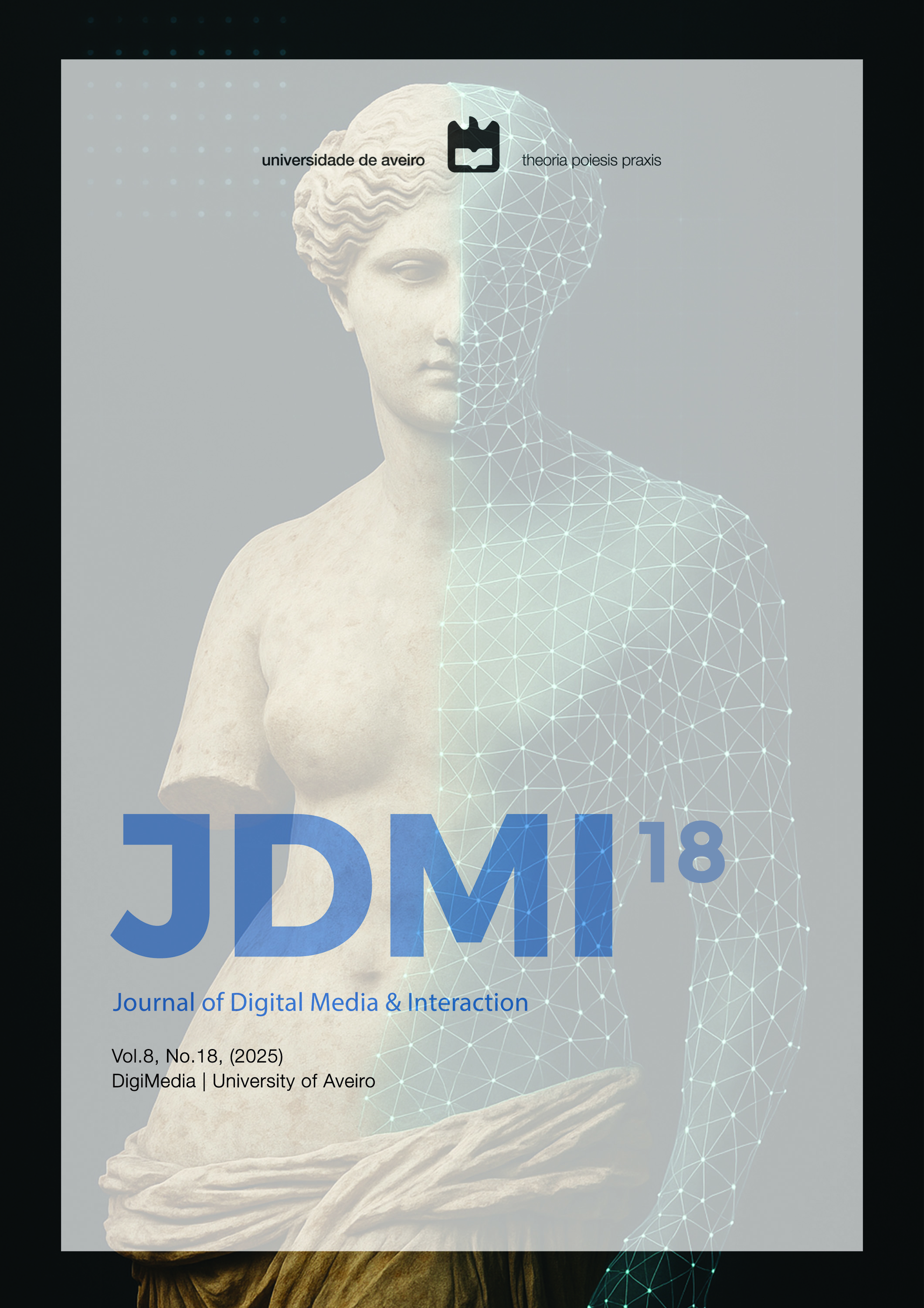Digital Marketing in the Promotion of Cultural Heritage: The Case of the City of Ammaia
DOI:
https://doi.org/10.34624/jdmi.v8i18.39833Keywords:
cultural, digital marketing, Ammaia, Portugal, archaeological heritageAbstract
The rapid advance of digital technologies and media has required cultural institutions to adapt to this new reality. However, many remain unaware of this requirement or face limitations in terms of resources and technical knowledge, which makes it difficult to digitise their activities and define an integrated digital marketing and communication strategy. As this is still a recent reality that requires organisations to adapt, it is necessary to carry out studies that support decision-makers in their decision-making processes and contribute to furthering scientific knowledge in this area, especially with regard to smaller cultural institutions or those located in sparsely populated territories. Thus, the main objective of this study is to analyse the digital marketing and communication strategy of a cultural institution in Portugal, namely the Cidade de Ammaia Foundation. Based on this case study, a mixed methodology was adopted, which included analysing data available online, in particular on the Google and Bing search engines, as well as on the Google Business Profile platform, and conducting a semi-structured interview. The results indicated that although the City of Ammaia Foundation is present on some digital channels, it has not devised a digital marketing and communication strategy, mainly due to a lack of technical knowledge and relevant background information that hinders its realisation.
References
Downloads
Published
Issue
Section
License
Authors who publish in the JDMI agree to the following terms:
-
Authors retain copyright and grant the journal the right of first publication with the work simultaneously licensed under a Creative Commons BY-NC-ND 4.0. This licensing allows others to share the work with no changes and acknowledgement of the work's authorship and initial publication in this journal, but not for commercial use.
-
Authors are able to enter into separate, additional contractual arrangements for the non-exclusive distribution of the journal's published version of the work (e.g., post it to an institutional repository or publish it in a book), with an acknowledgement of its initial publication in this journal.
-
Authors are permitted and encouraged to post their work online (e.g., in institutional repositories or on their website) after publication, as it can lead to productive exchanges, as well as earlier and greater citation of published work.
Copyrights to illustrations published in the journal remain with their current copyright holders.
It is the author's responsibility to obtain permission to quote from copyright sources.
Any fees required to obtain illustrations or to secure copyright permissions are the responsibility of authors.
Additional Information
All correspondence concerning contributions, books and other review material should be sent to: deca-jdmi@ua.pt






